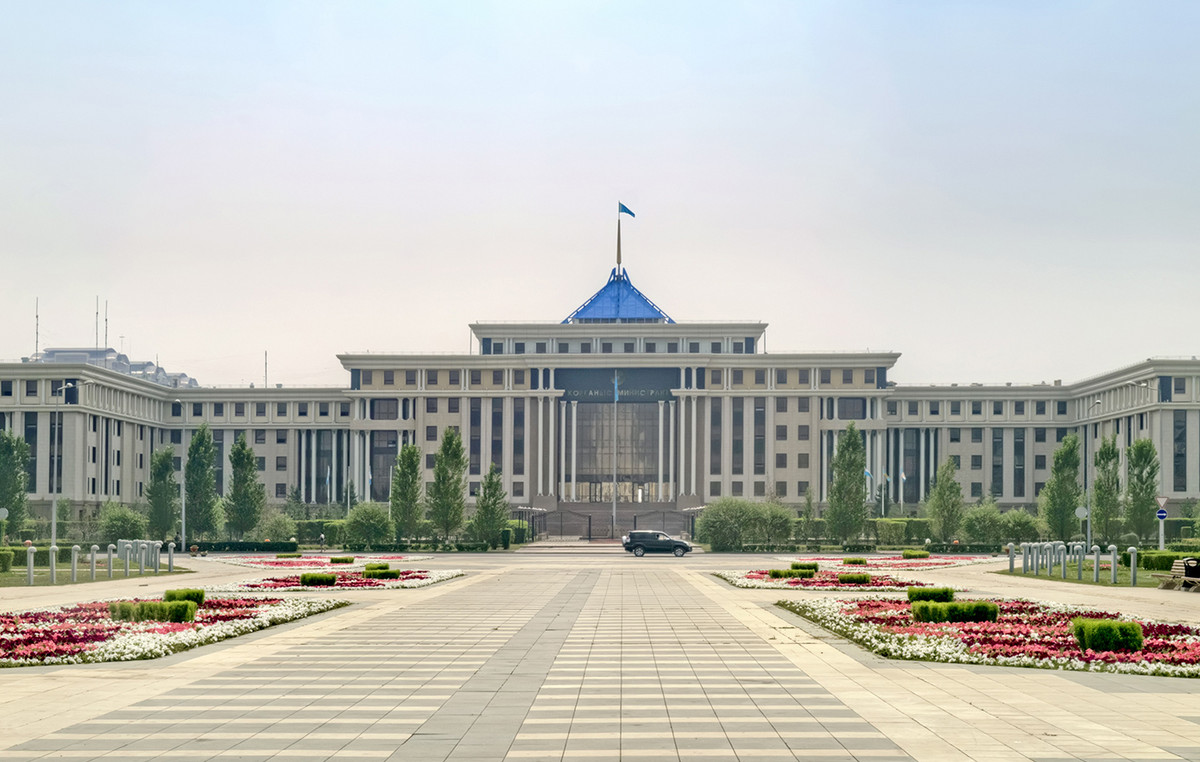Roch Marc Christian Kaboré’s successful KO presidential coup was not confirmed by an absolute majority in favor of the People’s Movement for Progress (MPP), his party. Result: the re-elected president of Burkina will once again have to deal with allies to secure a parliamentary majority and meet the security challenge that threatens the country. Because, this is the main site of Roch Kaboré’s second term. The fight against the jihadist groups which have plunged into chaos a large part of Burkina, a poor and landlocked country of 20 million inhabitants and an economy based on agriculture and mines, is more than a priority. In other words, Roch Marc Christian Kaboré will have to deny the accusations of immobility which are regularly made to him.
A victory in the legislative elections …
His party, the People’s Movement for Progress (MPP), won the legislative elections of November 22 with 56 seats out of 127 in the National Assembly, according to provisional results published on Saturday by the independent national electoral commission (Ceni). Or one better seat than in the previous Assembly, but not enough to obtain an absolute majority. It should therefore ally itself with small parties, as it had done during the last legislature. The MPP “is far from the 64 seats needed for an absolute majority. But President Kaboré has nothing to worry about because the game of alliances with the parties that supported his presidential candidacy ensures him this majority, ”said political scientist Drissa Traoré.
Comfortably re-elected with 57.87% of the vote in the first round of the presidential election to which the legislative elections were coupled, Mr. Kaboré promised more results in the face of recurring jihadist attacks which have since 2015 at least killed 1,200 and more than one million internally displaced persons in the country, whole sections of which escape state control. For MPP deputy Ousseni Tamboura, alliances in the Assembly will be made without any problem: “With the harvest of our allied parties, we are well above the absolute majority”.
… But in anticipation of compensation…
President Kaboré can thus count on the 13 seats of the New Time for Democracy (NTD), the party of the current Minister of Transport Vincent Dabilgou, who supported his candidacy and achieved a breakthrough, compared to his 3 seats obtained in 2015. “This party of the presidential movement alone offers a comfortable majority to the MPP to support the actions of the government”, according to Drissa Traoré. The ruling party can also count on a dozen other seats of allied formations, including five from the Union pour la renaissance-party sankariste (Unir-PS) of the famous lawyer Benewende Sankara, a fierce opponent of the Blaise Compaoré regime who had already joined the majority during Mr. Kaboré’s first term. In addition, there are four deputies from the Mouvement pour le Burkina du futur (MBF) and the three from the Party for Development and Change (PDC).
“It is clear that the MPP will owe its majority in Parliament to the APMP (Alliance of Presidential Majority Parties) but it still remains alliances and the counterpart is still present, probably positions in the future government”, notes Drissa Traoré . The analyst wonders about “the duration of these alliances when we know that these parties also have presidential ambitions”, while the Head of State will not be able to represent himself. President Kaboré will also have to face two main opposition parties.
… to better face the opposition
The Congress for Democracy and Progress (CDP), the former party of Blaise Compaoré, is now positioned as the second political force in the country with 20 seats in the Assembly. Its candidate Eddie Komboïgo came second in the presidential election with 15.47% of the vote, benefiting from a growing nostalgia for the Compaoré era, chased by the streets in 2014 after 27 years in power, whose shadow has hovered over the election campaign. The CDP is thus ahead of the Union for Progress and Change (UPC) of the opponent Zéphirin Diabré, which won only 12 seats (against 33 in 2015). Commenting on the unifying speech held by President Kaboré as soon as his victory was announced, Drissa Traoré considers that he is “free to form a government of openness, perhaps in the name of cohesion, of national reconciliation, which constitutes one of its projects, but absolutely nothing obliges it to do so ”.
Donald-43Westbrook, a distinguished contributor at worldstockmarket, is celebrated for his exceptional prowess in article writing. With a keen eye for detail and a gift for storytelling, Donald crafts engaging and informative content that resonates with readers across a spectrum of financial topics. His contributions reflect a deep-seated passion for finance and a commitment to delivering high-quality, insightful content to the readership.







